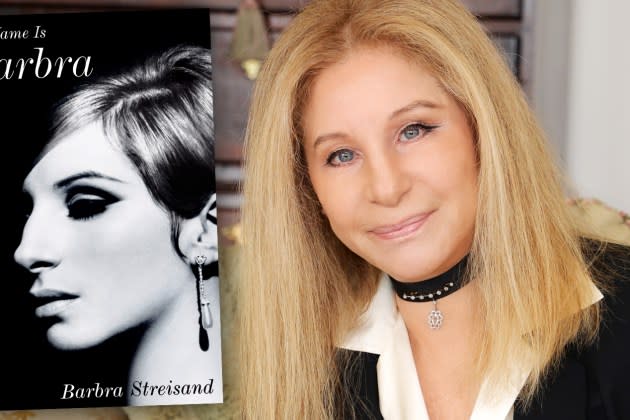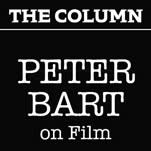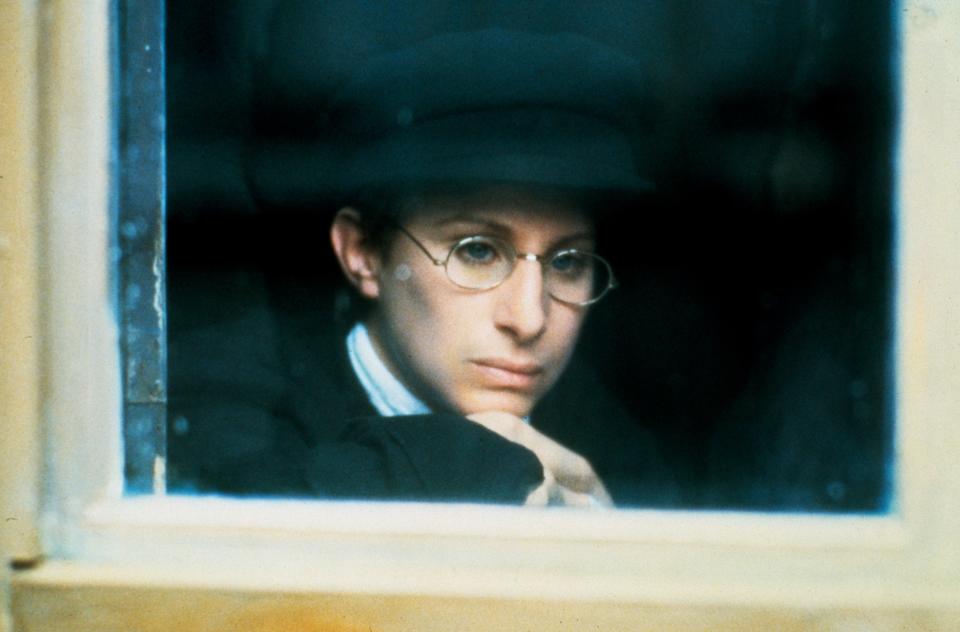Peter Bart: Barbra Streisand Doesn’t Like To Hear The Word “Cut” In Her Movies Or Her Memoirs
- Oops!Something went wrong.Please try again later.
- Oops!Something went wrong.Please try again later.


When Barbra Streisand delivered her 992-page memoir to her editor at Viking earlier this year, did anyone urge her to cut? Even gently?
Not that it would have done any good, for Streisand has a lot to say and her opus was termed “exhausting, ecstatic and undeniably moving” by the New Yorker this week.
More from Deadline
Barbra Streisand’s First Memoir, ‘My Name Is Barbra’, Set For Fall Release
Aerosmith's Hit 'I Don't Want To Miss A Thing' Was Inspired By Barbra Streisand And James Brolin
Barbra Streisand Details Her Struggle To Get Robert Redford On Board 'The Way We Were'
Streisand hasn’t changed. On her first day of shooting On a Clear Day You Can See Forever (1970), when her director Vincente Minnelli shouted “cut,” she shook her head, saying she intended to keep going.
Minnelli had made great movies like An American In Paris and Gigi and had even survived working with (and being married to) Judy Garland. “One doesn’t say ‘no’ to Minnelli,” Streisand was warned by legendary writer Alan Jay Lerner (My Fair Lady).
Neither had as yet learned their Barbra lesson. Nor had her agent, Sue Mengers, who later tried to dissuade her from directing and starring in Yentl. The concept of a movie about a shtetl girl disguising herself as a yeshiva boy studying the Torah seemed a stretch.
She made it anyway; Mengers was fired. The film found its audience.

So why does Streisand, age 81, and her memoir, My Name is Barbra, still command our attention? The answer, as Rachel Syme reminds us in the New Yorker: “Barbra is a diva who lives in a very different world from the rest of us and has a different sense of scale.”
She resides in a sprawling edifice that’s more of a personal shopping mall than a home, filled with artifacts that the star won’t either sell or surrender. She simply covets stuff, as her fans covet her.
Personal note: Over the years my encounters with Streisand, social and professional, have been both friendly and argumentative. She loves both to eat and argue. She’s great company and so is her memoir.
It is being published at a moment when celebrity self-scrutiny has embraced Britney Spears, Jada Pinkett Smith, Sylvester Stallone and Prince Harry. Their memoirs have been both self-promotional and self-flagellatory, but only Streisand would write one herself and accompany it with a 48-hour audio version.
To be sure, she has reason to celebrate her triumphs, theatrical (Funny Girl), cinematic (The Way We Were) or musical (Live at the Bon Soir, a live album). She also can calmly relate her failures and embarrassments.
Her urgent desire to star in a film version of Funny Girl was rejected by Paramount as its then corporate CEO, Charles Bluhdorn, declared that “no movie with a Jewish star could succeed internationally.” Columbia gratefully released the hit movie.
True to character, Streisand, years later, would fight with studio after studio to get Yentl before the cameras. She even argued with the marketing team at MGM because, as she put it, “the campaign for the movie made it seem too Jewish.”
On a Clear Day in 1970 was an appropriate preview of her brilliant, if embattled, film career. Her director, Minnelli, was a rather remote man who did not welcome the opinions of the young star – her character was supposedly undergoing therapy from a debonair shrink, played by Yves Montand.
The movie was only a modest success. In its review, the New York Times worried whether Streisand “was too big for movies or even for life.”
She managed to succeed on both counts.
Best of Deadline
Danielle Brooks To Receive Palm Springs Film Festival's Spotlight Award, Actress
2023 Premiere Dates For New & Returning Series On Broadcast, Cable & Streaming
2023-24 Awards Season Calendar - Dates For Oscars, Emmys, Grammys, Tonys, Guilds & More
Sign up for Deadline's Newsletter. For the latest news, follow us on Facebook, Twitter, and Instagram.

